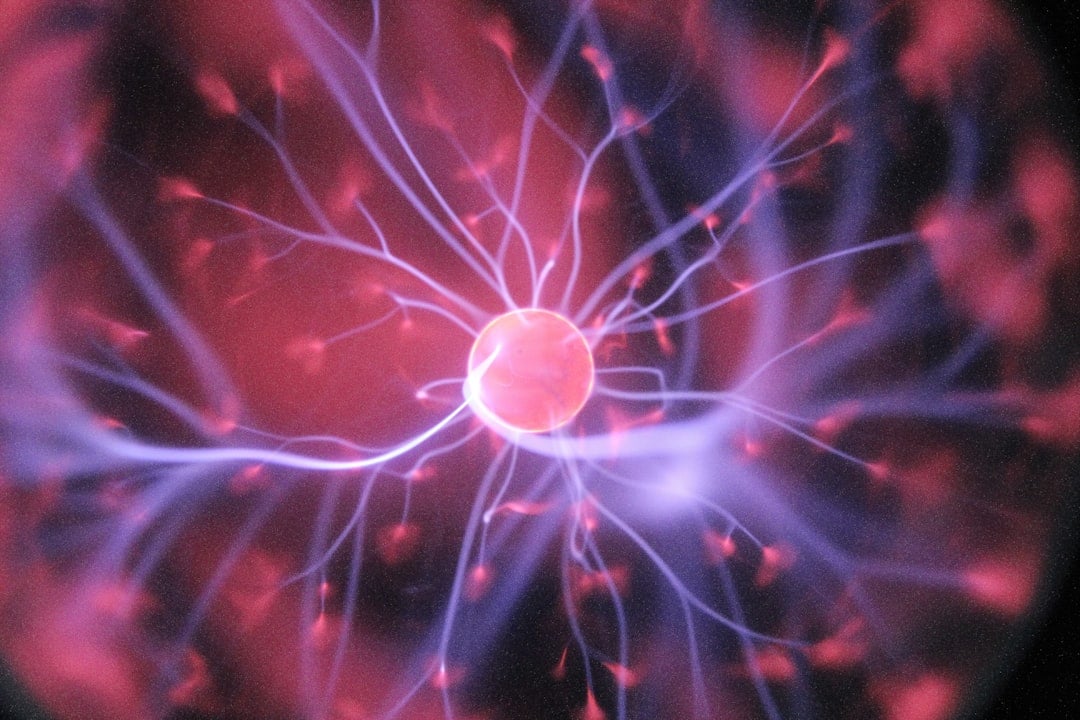Did you know that concussions have the potential to leave a lasting impact on your brain and its ability to function normally? It’s true, while the short-term symptoms seem to be better understood by the general population, there is a rather lengthy list of long-term effects that should encourage you to properly prevent and care for concussions of all severities. Concussions seem to have compounding negative effects, meaning if you sustain repeated concussions your symptoms will be worse and potentially more permanent!
This is why professional athletes like football players are notoriously impacted by concussions. They very likely continue to play while already concussed, and experience severe concussions due to the high impact nature of the sport. However, you certainly don’t need to be a high-level athlete to suffer a concussion. The NIH highlights that Car accidents and slips and falls are the leading cause of concussion, happening every day and are equally traumatic for your brain.
How Do Concussions Develop?
Concussion symptoms can be delayed for hours, days, or in some cases weeks after an injury is sustained. This is why so many concussions are so often left undiagnosed or misdiagnosed. Additionally, warning signs for a concussion can be subtle enough to be missed or misunderstood by friends and family. Regardless of how mild your symptoms may seem, you are potentially at risk for long-term health issues. You should always consult a neurologist for a comprehensive evaluation of your condition.
The team of experts at Hope Brain and Body Recovery Center specializes in the diagnosis and treatment of neurological conditions that impact the working function of the body. We help patients that have conditions that have left them impaired in some way, whether that is mobility, balance, coordination, or neurological disorders. Our methods combine traditional techniques with modern innovation, integrating cutting-edge technology to achieve results like never before!
Visit our concussion page by clicking here!
Symptoms of Concussions
After sustaining a mild traumatic brain injury (TBI), there are many symptoms you may experience, some more severe than others.
Physical
- Headaches
- Nausea
- Vision disturbances
- Ringing in ears
- Seizures / Epilepsy
- Dizziness / Vertigo
Cognitive
- Brain fog
- Concentration issues or memory loss
- Confusion / Disorientation
Emotional
- Mood swings and irritability
- Depression
Sleep
- Insomnia or poor sleep
- Fatigue
What is Post Concussion Syndrome?
Concussion symptoms that have been treated medically often last days to weeks at the most. When patients with TBI’s exhibit symptoms that last multiple weeks or more, they fall into the category of post-concussion syndrome. Patients with this status may see their concussion symptoms last months, or even as long as a year or more.
Contrary to what you may think, the severity of your injury isn’t correlated to the likelihood of developing this syndrome. Instead, it seems to be linked with damage to specific regions of the brain. About 20 percent of TBI patients develop some degree of post-concussion syndrome, experiencing symptoms after six weeks.
Long Term Effects of Concussions
We have identified the short-term effects of concussions above. If there are symptoms that persist in the long term, meaning months up to a year, they are the following:
- Difficulty concentrating
- Memory loss
- Worsened irritability
- Sensitivity to light/noise
- Sleep disruption
- Depression
- Loss of smell and taste
At Hope Brain and Body Recovery Center, we are fully equipped to diagnose and treat long-term concussion symptoms. Our specialty is helping patients manage and overcome neurological, cognitive, and physical side effects of concussion. Our advantage is the technology that is utilized in our treatment programs, which helps us pinpoint and correct problematic brain damage.
The Link Between Concussions and Depression
A study conducted in the Journal of the American Medical Association followed the health outcomes of 1,155 participants, measured to determine the likelihood of developing a major depressive disorder in patients suffering from TBI’s.
The findings indicate a statistically significant correlation between an increased rate of depression and those with mild TBI’s. The study also while also includes that the majority of participants also did not receive the necessary ongoing treatment they needed to properly care for their injury.
Concussion and TBI Treatment Available in Chadds Ford, PA
If you or a loved one have suffered a slip and fall, head injury, or are exhibiting symptoms of concussion, meet with a member of the Hope Brain & Body Recovery Center as soon as possible. Early diagnosis can make treatment even more effective and reduce any possible symptoms.
Call our offices to speak with a member of our team or schedule a consultation online today!





